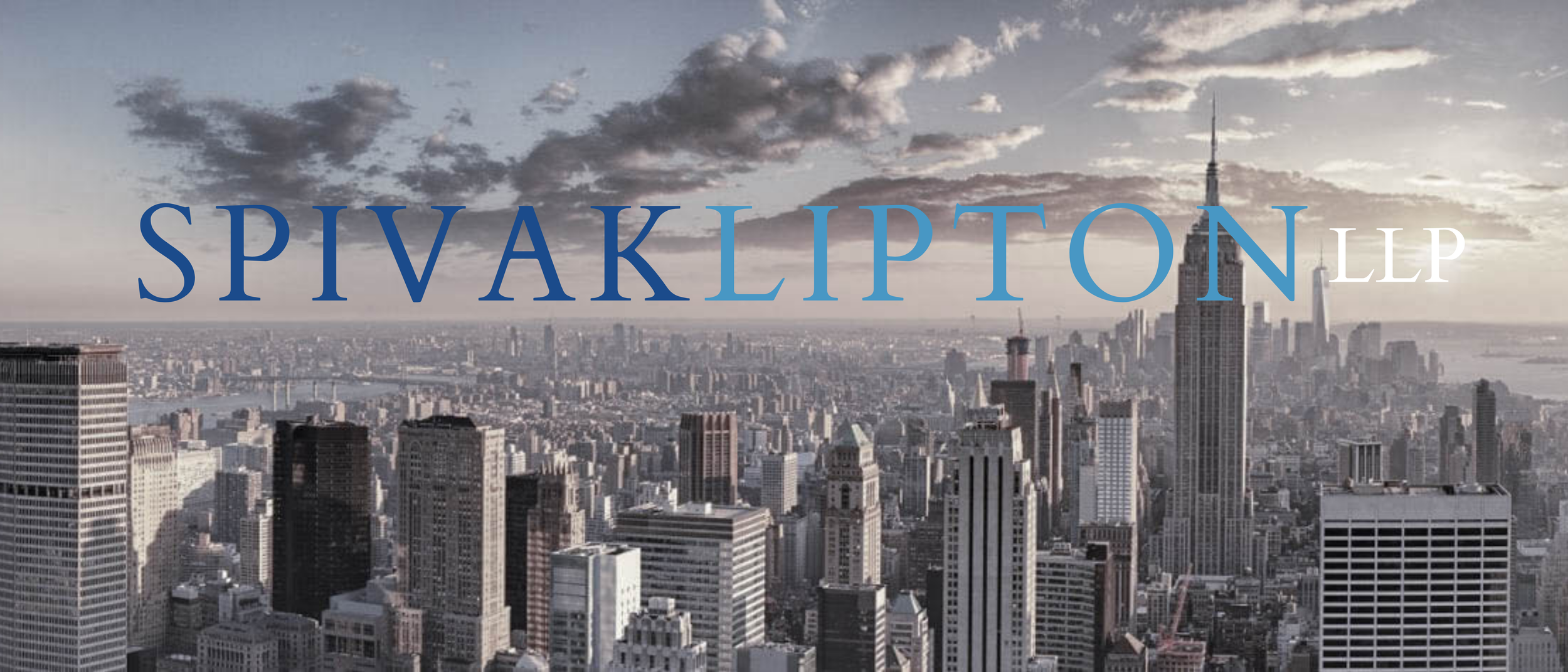The Fair Chance Act, effective October 27, 2015, amended the New York City Human Rights Law (NYCHRL), to make it an unlawful discriminatory practice to consider a job applicant’s criminal history as part of the hiring process, in the following ways:
Referencing arrest or conviction history when advertising for open positions;
Asking job applicants questions about their criminal records or to authorize a background check;
Running a background check or attempting to discover whether an applicant has a criminal history.
But that doesn’t mean an employer can never consider an applicant’s criminal history. An employer can still review a job applicant’s criminal history after it has made the applicant a conditional offer of employment. At that point in the hiring process, the employer may ask whether the applicant has any criminal conviction history or request that the applicant provide authorization to check the applicant’s criminal record. If through either of these means the employer becomes aware of a conviction, the employer may withdraw its conditional offer of employment after:
1. Providing the applicant with a copy of the background check report or other documents used to review the applicant’s criminal record;
2. Evaluating the applicant under New York Correction Law Article 23-A (Under this law, an employer may only withdraw the conditional offer of employment if there is a direct relationship between the applicant’s criminal record and the prospective job, or if employment of the applicant would create an unreasonable safety risk to individuals or property); and
3. Holding the job open for at least three business days so that the applicant can respond to the employer’s presentation of the applicant’s criminal record.
The Fair Chance Act reflects a public policy favoring an employer’s review of applicants based upon their qualifications without regard to any criminal history.
Exemptions. The law does not apply to the hiring process for positions where a state, federal, or local law requires a background check for employment purposes, or bars employment based on criminal history. But the law does apply when the position requires a license – such as an Uber driver in New York - even if obtaining the license requires submitting to a criminal background check. In that case, the employer can only ask whether the applicant has the required license or whether the applicant can obtain one within an acceptable period of time.
If an applicant believes that a prospective employer has violated the Fair Chance Act, he or she can file an unlawful discriminatory practice complaint with the New York City Commission on Human Rights or in New York State Supreme Court. Reach out to a Spivak Lipton attorney if you believe that you may be the victim of an unlawful discriminatory practice under the Fair Chance Act.





